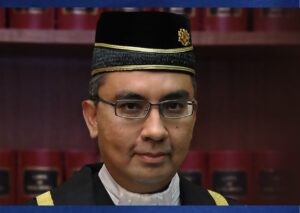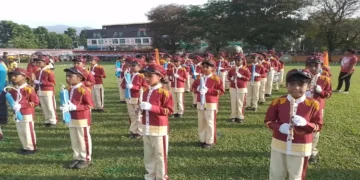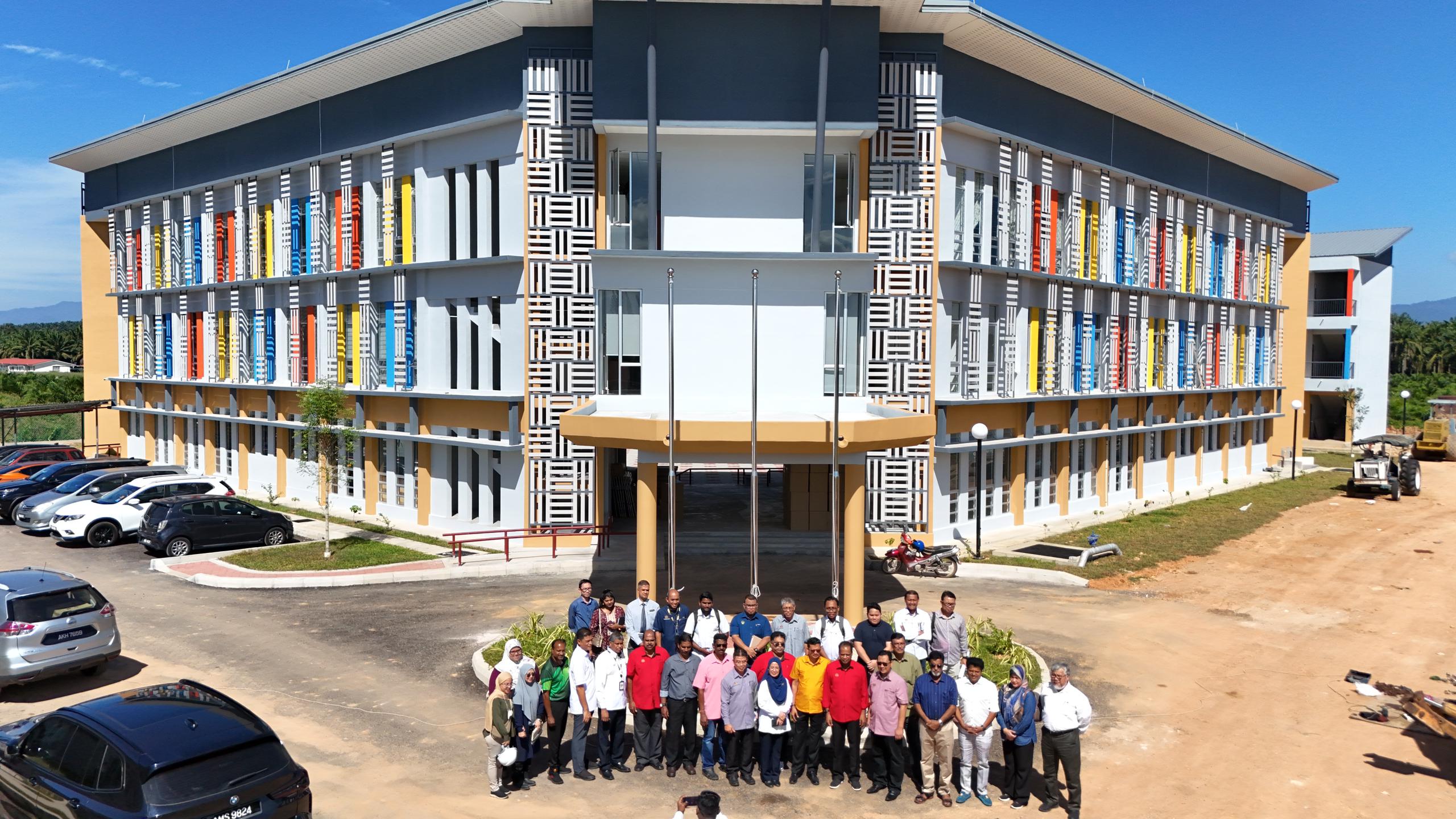When it comes to Malaysian education policy, ethnicity and language are frequently debated together. This has been an ongoing debate for the longest time, but now there seems to be some light at the end of the tunnel. .
The existence and development of vernacular schools, as well as the usage of Tamil and Mandarin in schools, were found to be constitutional by the High Court in Kuala Lumpur yesterday.

Judge Mohd Nazlan Mohd Ghazali ruled that the presence of around 1,800 of these schools, which serve over 500,000 children, is legitimate and constitutional.
In rejecting a lawsuit challenging the establishment of vernacular schools, he noted, “These schools are not a public authority as stipulated in the Federal Constitution to employ Malay as the language of teaching,” Free Malaysia Today. reported.
Nazlan quotes, pre- and post-Merdeka regulations, as well as the Constitution, offer safeguards for the use of these languages and the existence of schools.
The Federation of Peninsular Malay Students (GPMS), the Islamic Education Development Council (Mappim), and the Confederation of Malaysian Writers Association (Gapena) filed the lawsuit in December of 2019.
They wanted a declaration that Sections 2, 17 and 28 of the Education Act 1996, as well as the extent to which they allowed for the establishment of vernacular schools with Mandarin and Tamil as the primary languages, were in violation of Article 152(1) of the Constitution and should be declared null and void.
The founding and existence of vernacular schools, according to Nazlan, did not violate Articles 5, 8, 10, 11, or 12 of the Constitution. He claimed that using these languages as a medium of instruction was legal and protected by the Constitution’s exceptions in Articles 152 (1) (a) and (b).

“After all, enrolling in a vernacular school is a personal decision. “It’s difficult to see how the formation and operation of these schools would infringe on any person’s constitutional rights,” he remarked.
“Along with the view of the finding that a vernacular school is not a public authority and in light of Article 152’s historical and legislative context, as well as the intention of the Constitution’s framers, the use of a non-Malay medium of instruction for teaching in Chinese and Tamil vernacular schools is not for an official purpose and is not an infringement of Article 152 (1).”
As a result, by virtue of both provisos (a) and (b) to Article 152, such usage of the term was constitutional and protected (1).
He claimed that a genuine and fair reading of these provisos in Article 152 (1) did not exclude the formation and preservation of vernacular schools as national-type schools that used the same national curriculum as the rest of the national education system.
“On the foundation that Parliament knows and appropriately acknowledges the requirements of the people,” Nazlan added, the court would normally lean toward the validity of a legislation.
“This has also been characterised as judicial respect to the decision of a democratically elected legislature by the court.” It’s also a fundamental aspect of the separation of powers philosophy,” he said.
As a result, his decision was primarily concerned with the interpretation of Article 152 (1), rather than the significance of the national language in the promotion of national identity and unity.

He stated that key problems about the quality of learning and instruction in all schools should be addressed by the government and legislative.
So, let’s stop the conflict by stating that the existence of vernacular schools is a barrier to national harmony, rather consider it as a benefit for our children.
Follow us on Instagram, Facebook or Telegram for more updates and breaking news.






